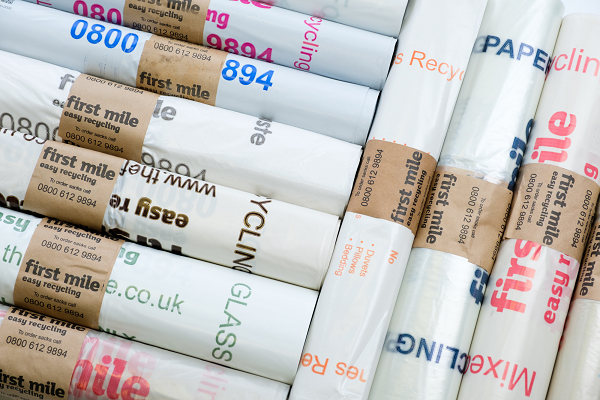First Mile’s compostable packaging recycling service rolled out to decent packaging customers
In a move that will further boost the UK’s recycling of compostable packaging, leading recycling company, First Mile, is now working with plant-based packaging specialist, decent packaging, to provide recycling collections to its London café and eatery customers.

The initiative will see First Mile collecting decent packaging’s compostable packaging waste from its customers across the capital, where it will then be recycled and transformed into nutrient-rich fertiliser.
Founded in New Zealand in 2013, decent packaging uses plants to manufacture a wide range of food and drink takeaway packaging products, including coffee cups, straws, plates, cutlery and napkins. These plant-based products reduce the massive impact on energy and water consumption and polluting emissions that petroleum-based packaging have on the environment and, unlike their counterparts, have a clear recycling process in place.
First Mile’s dedicated compostable packaging recycling service is an industry first, launched last year to provide businesses with a tangible recycling solution in the face of the common misconception that compostable items can be thrown in general waste, mixed recycling or food waste bins to decompose.
People are often told to put compostable packaging in food waste recycling bins, but many food waste processing facilities cannot handle these items as they do not break down quickly enough in the process. They also look and feel like many regular plastic items and can mistakenly be put in mixed recycling bins, where they contaminate other materials. When added to general waste, they most likely end up in landfill, emitting damaging methane gas.
